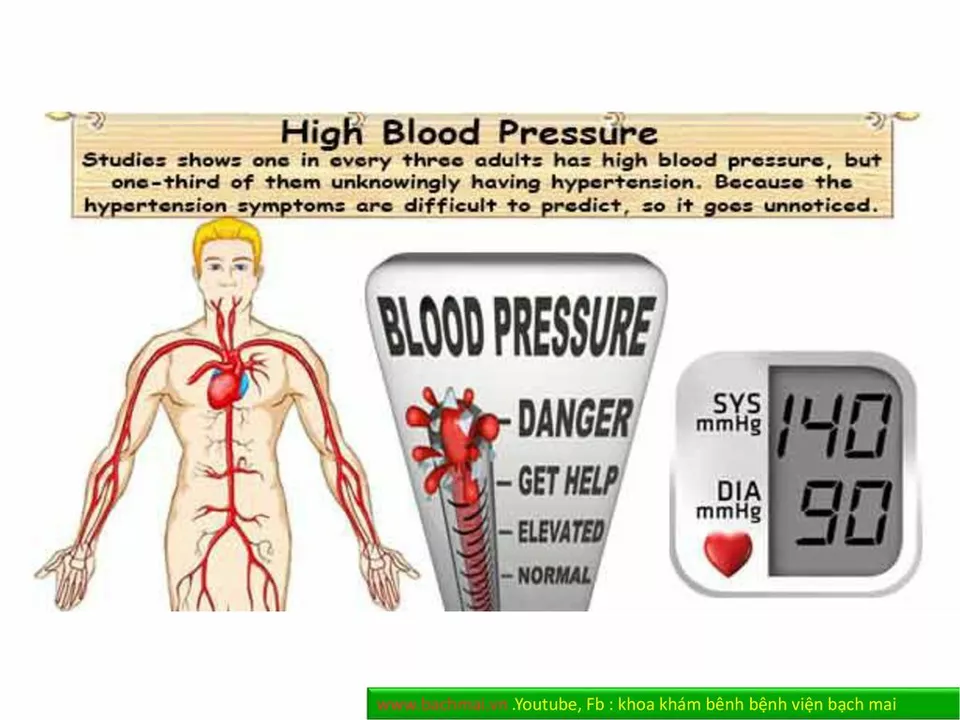Introduction to Celecoxib and Blood Pressure
Celecoxib is a medication that is often prescribed to help manage pain and inflammation associated with various conditions, such as arthritis, menstrual pain, and acute pain caused by injuries. While it can be effective in providing relief, it's important to be aware of its potential impact on blood pressure. In this article, we will explore the relationship between celecoxib and blood pressure, helping you make informed decisions about your health and treatment options.
How Celecoxib Works
Celecoxib belongs to a class of drugs known as nonsteroidal anti-inflammatory drugs (NSAIDs). These medications work by inhibiting the action of cyclooxygenase-2 (COX-2) enzymes in the body. COX-2 enzymes are responsible for producing prostaglandins, which are chemicals that cause inflammation, pain, and fever. By blocking these enzymes, celecoxib helps to reduce inflammation and alleviate pain.
It is important to note that unlike other NSAIDs, celecoxib specifically targets COX-2 enzymes, which means it has a lower risk of causing gastrointestinal side effects. However, this selectivity also means that it may have a greater impact on blood pressure compared to other NSAIDs.
The Connection between Celecoxib and Blood Pressure
Research has shown that the use of celecoxib can lead to an increase in blood pressure in some individuals. This is mainly due to the drug's effect on the kidneys. By inhibiting COX-2 enzymes, celecoxib reduces the production of prostaglandins, which are responsible for regulating blood flow and maintaining kidney function.
As a result, celecoxib can cause the kidneys to retain more sodium and water, leading to an increase in blood volume and, ultimately, higher blood pressure. Although this effect is not common, it is important to be aware of the potential risk and to monitor your blood pressure if you are taking celecoxib.
Risk Factors for High Blood Pressure with Celecoxib Use
Not everyone who takes celecoxib will experience an increase in blood pressure. However, there are certain factors that may increase your risk. These include:
- Existing high blood pressure
- Advanced age
- Obesity
- Diabetes
- Family history of high blood pressure
- High sodium intake
If you have any of these risk factors, it is especially important to carefully monitor your blood pressure while taking celecoxib and to discuss any concerns with your healthcare provider.
Monitoring Your Blood Pressure While Taking Celecoxib
If you are prescribed celecoxib, it is important to regularly monitor your blood pressure to ensure it remains within a healthy range. You can do this by:
- Checking your blood pressure at home using a digital blood pressure monitor
- Scheduling regular check-ups with your healthcare provider
- Keeping a log of your blood pressure readings to track any changes over time
By staying on top of your blood pressure, you can help minimize the risk of complications associated with high blood pressure, such as heart disease, stroke, and kidney damage.
Managing High Blood Pressure While Taking Celecoxib
If you develop high blood pressure while taking celecoxib, there are several steps you can take to manage it:
- Discuss your concerns with your healthcare provider, who may adjust your medication or recommend a different NSAID
- Follow a heart-healthy diet that is low in sodium, saturated fat, and cholesterol
- Incorporate regular physical activity into your daily routine
- Limit alcohol consumption and quit smoking
- Manage stress through relaxation techniques, such as deep breathing exercises, meditation, or yoga
By making these lifestyle changes and working with your healthcare provider, you can help to lower your blood pressure and reduce the risk of complications.
Alternative Pain Relief Options
If you are concerned about the potential impact of celecoxib on your blood pressure, you may want to explore alternative pain relief options. Some possibilities include:
- Other NSAIDs, such as ibuprofen or naproxen, which may have a lesser impact on blood pressure
- Acetaminophen, which does not affect blood pressure but may be less effective for certain types of pain
- Topical pain relievers, such as creams or gels containing capsaicin, menthol, or methyl salicylate
- Non-drug therapies, such as physical therapy, massage, or acupuncture
Discuss these alternatives with your healthcare provider to determine the best approach for your individual needs.
Conclusion
While celecoxib can be an effective pain reliever for many individuals, it is important to be aware of its potential impact on blood pressure. If you are taking celecoxib, be proactive in monitoring your blood pressure and discussing any concerns with your healthcare provider. By staying informed and making necessary lifestyle changes, you can help to maintain a healthy blood pressure and reduce the risk of complications associated with high blood pressure.






Emily Kidd
April 30, 2023 AT 15:26Just FYI for anyone else watching their numbers.
Justin Cheah
May 1, 2023 AT 13:40caiden gilbert
May 2, 2023 AT 15:41phenter mine
May 3, 2023 AT 18:24Aditya Singh
May 3, 2023 AT 18:45Katherine Reinarz
May 4, 2023 AT 06:32John Kane
May 4, 2023 AT 11:58Callum Breden
May 4, 2023 AT 13:26Mansi Gupta
May 5, 2023 AT 21:03Erin Corcoran
May 5, 2023 AT 21:36Scott Dill
May 7, 2023 AT 17:42Arrieta Larsen
May 7, 2023 AT 17:54Mike Gordon
May 9, 2023 AT 11:48Kathy Pilkinton
May 11, 2023 AT 01:20Holly Dorger
May 11, 2023 AT 15:34Amanda Nicolson
May 12, 2023 AT 11:19Jackson Olsen
May 14, 2023 AT 02:25Penny Clark
May 14, 2023 AT 07:11Niki Tiki
May 15, 2023 AT 16:35Jim Allen
May 15, 2023 AT 21:03